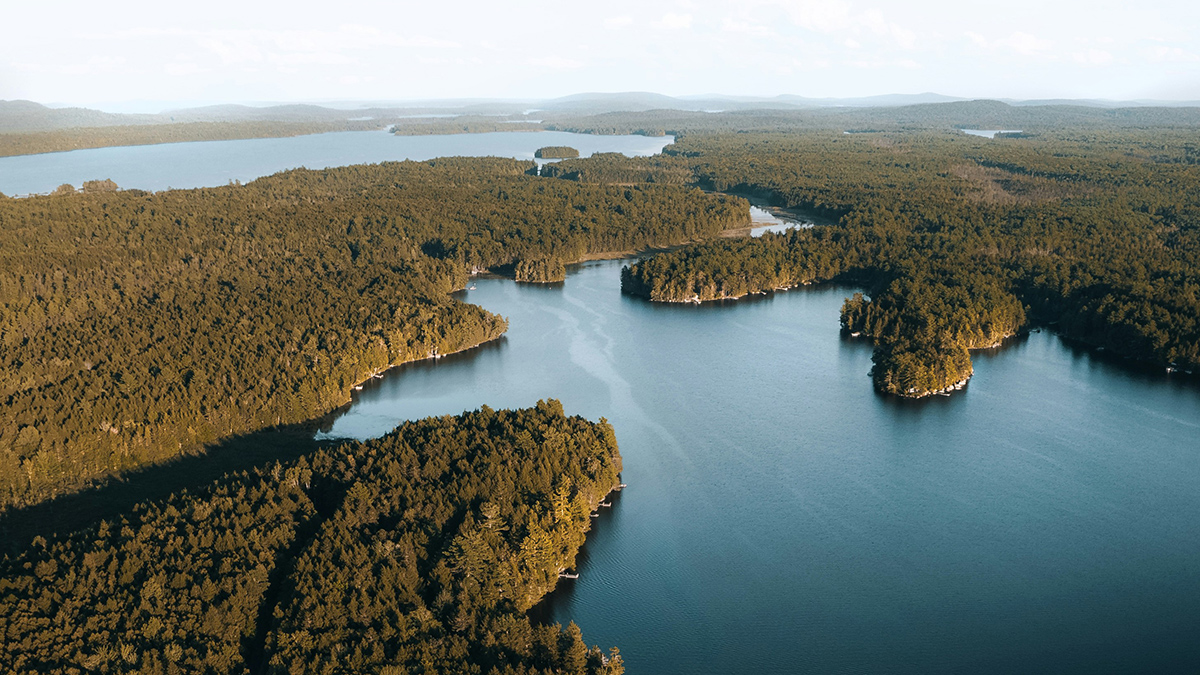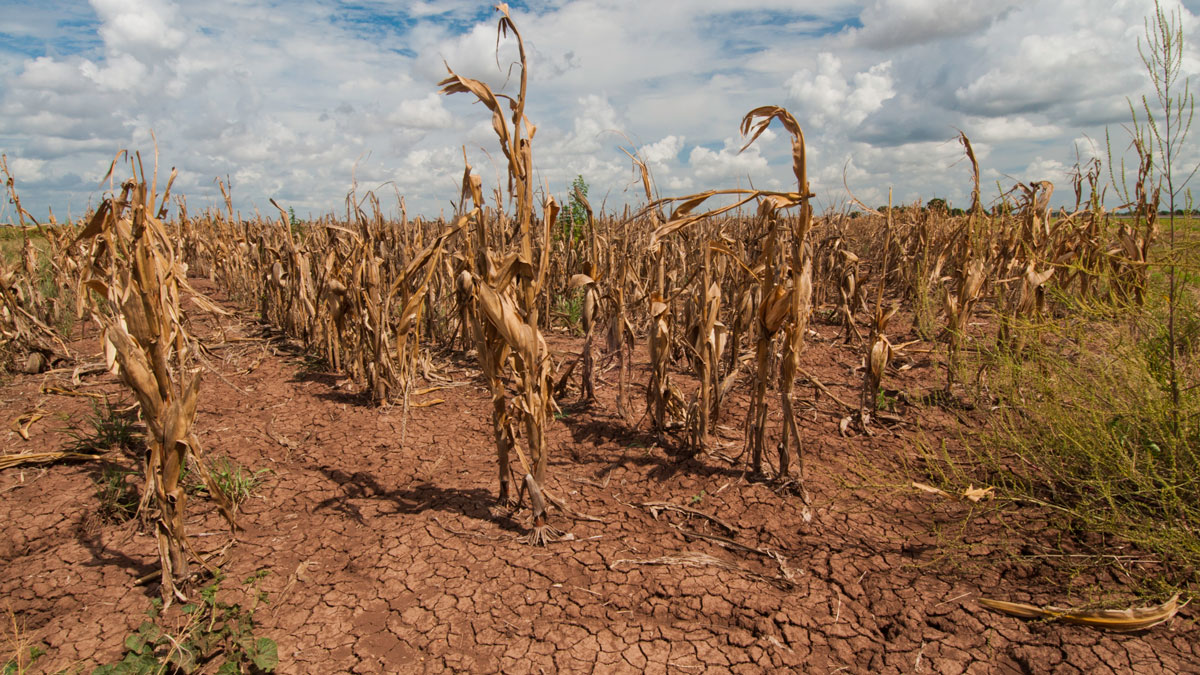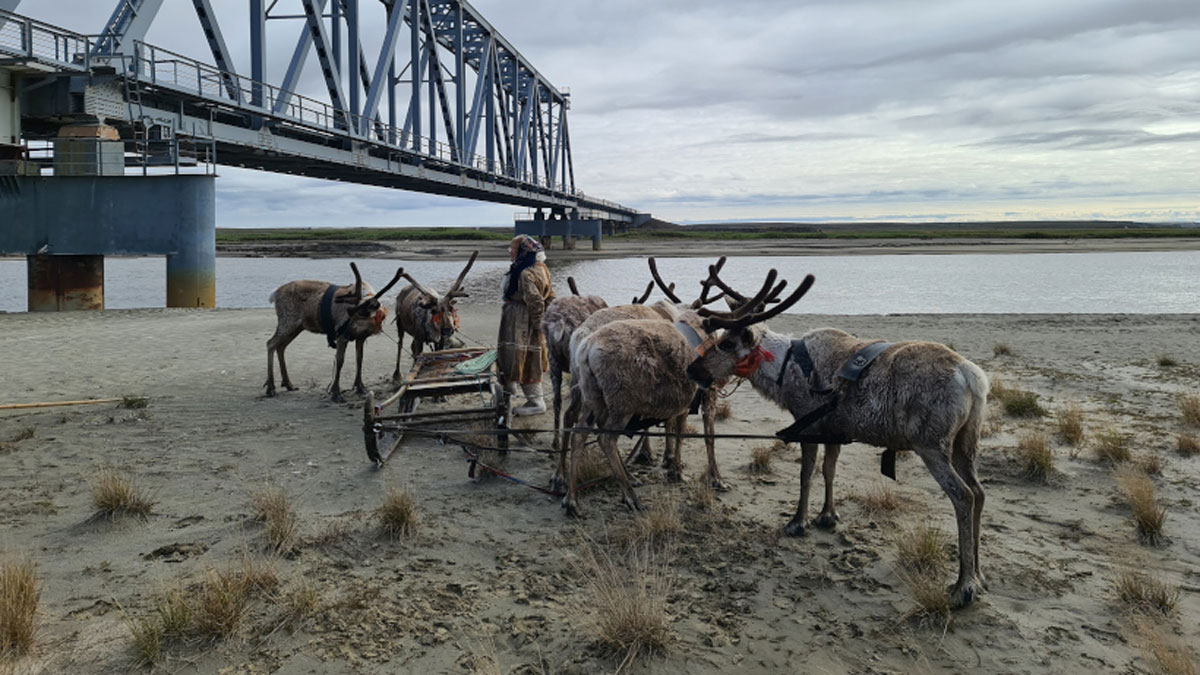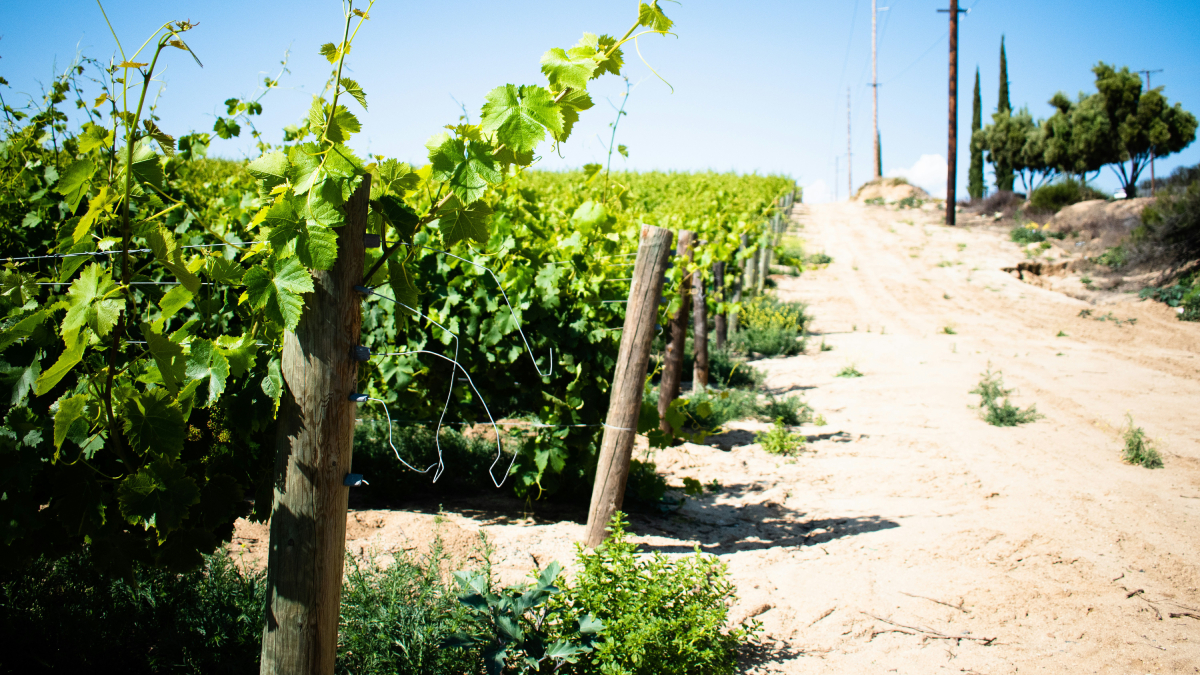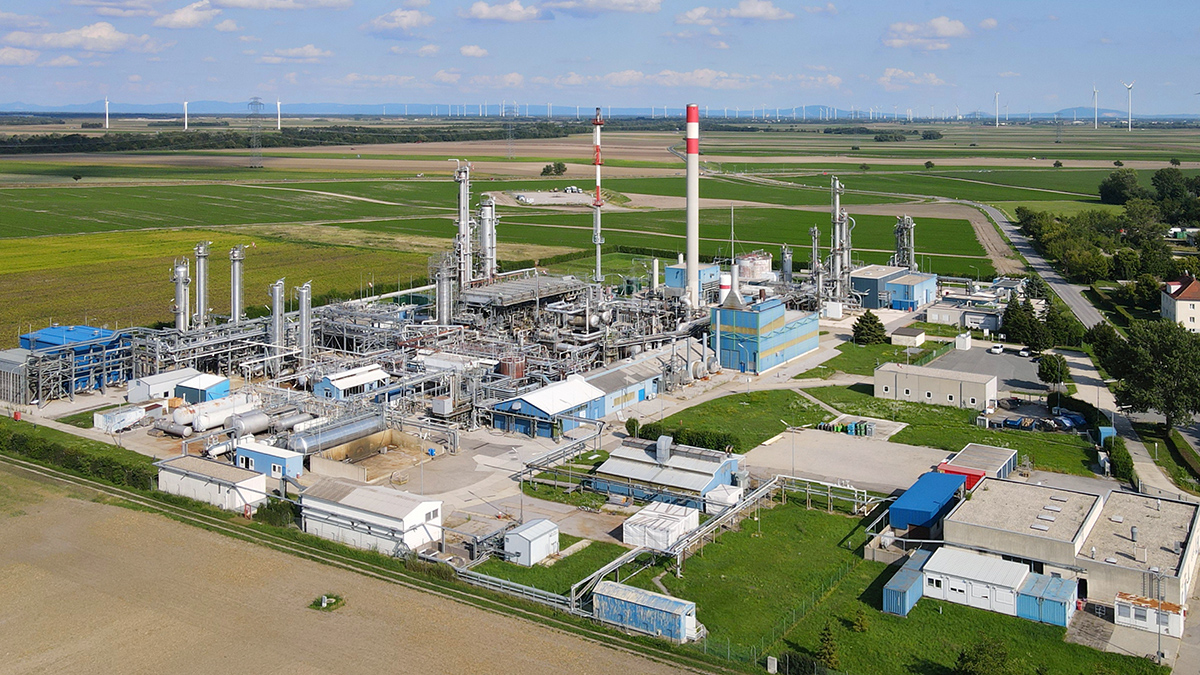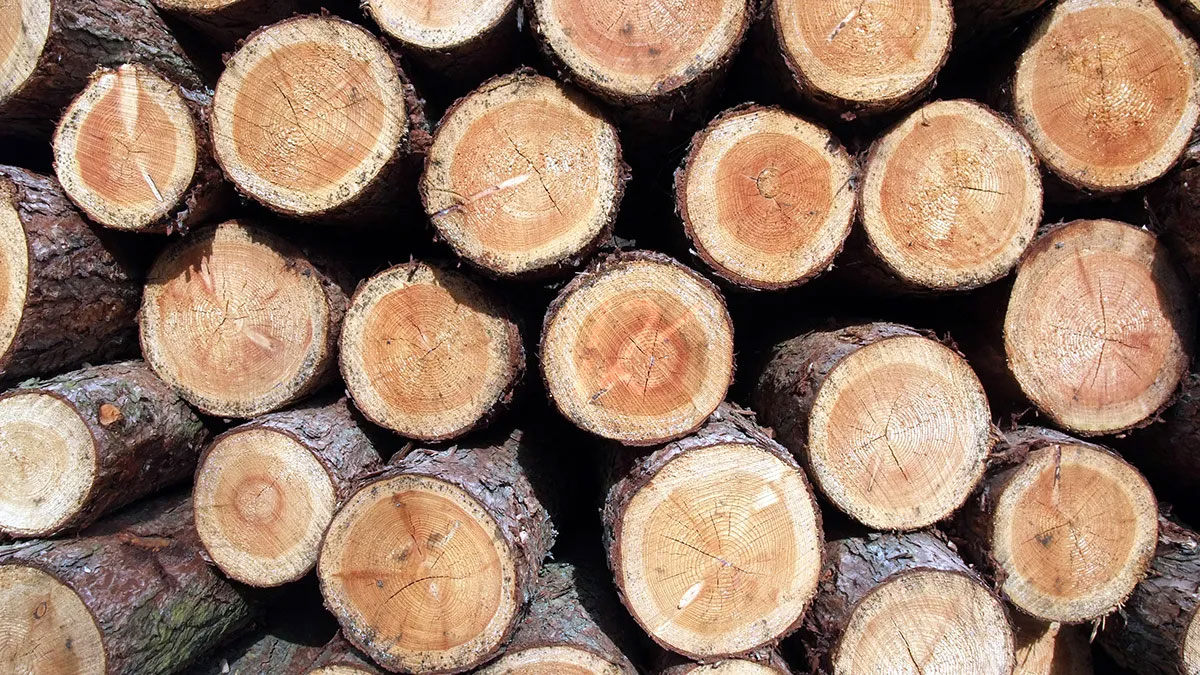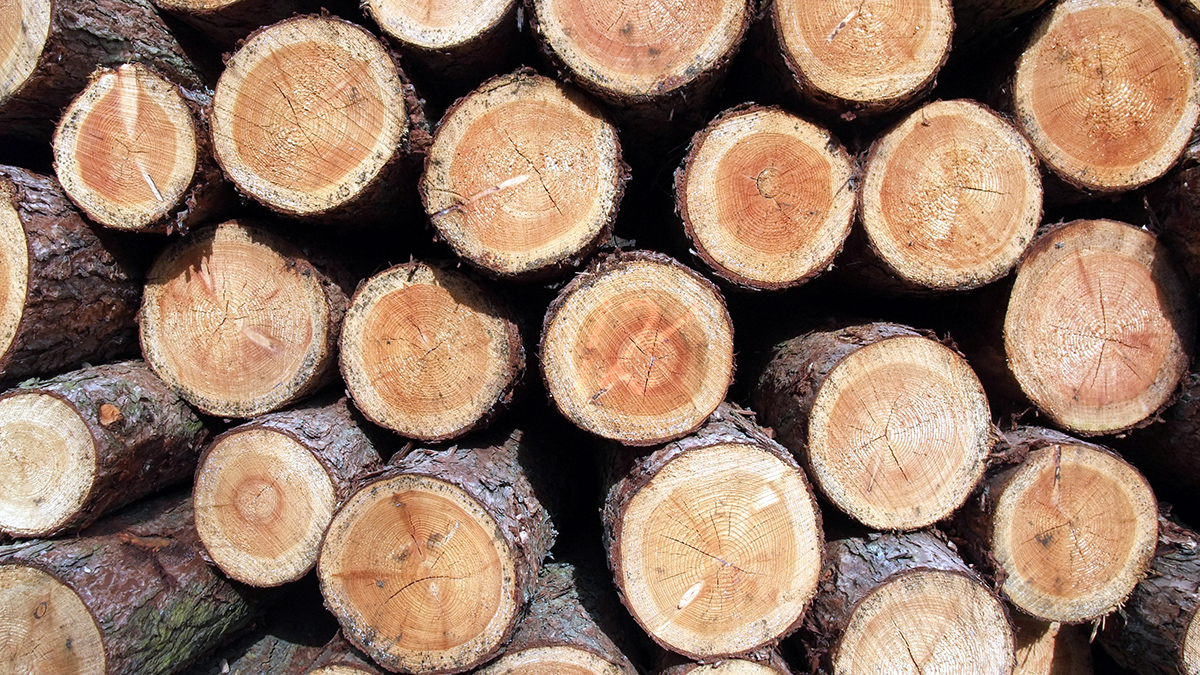A single hurricane in New England could wipe out millions of metric tons of forest carbon.
business & industry
Climate Change Is Likely to Slash Global Income
A new study estimates that climate change could cost $38 trillion per year, but emissions mitigation and adaptation strategies could limit future damages.
Convergence Science in the Arctic
Focusing on climate change and industrialization in Siberia’s Yamal Peninsula, researchers developed science questions that aim to reach far beyond any single discipline.
Climate Change Threatens 70% of Winemaking Regions
In regions where natural resources are scarce or economies depend on producing certain wines, adapting and diversifying grape crops is easier said than done.
Methane Emissions from the Oil and Gas Industry Are Triple Current Estimates
A new study using aerial data reveals that fossil fuel extraction and processing are responsible for far more methane than previously believed.
هل يمكن لغمر الأعشاب البحرية أن يبرّد المناخ؟.
يمكن للأعشاب البحرية المغمورة أن تخزّن الكربون في قاع المحيط، ولكن يظل من غير الواضح مدى فاعلية هذه الاستراتيجية، وكيف ستؤثر على صحة المحيط.
Can the Belt and Road Go Green?
China’s global infrastructure investments could tip the scales on climate change, but its relationship with partner countries is complicated.
Los países más pobres enfrentan consecuencias más graves del cambio climático
A medida que los bosques se desplazan hacia latitudes más altas, las naciones enfrentan pérdidas tanto de beneficios ecosistémicos de mercado como no mercantiles.
Commercial Lander Touches Down on Moon
The first Intuitive Machines lunar mission carries/carried six scientific payloads from NASA to contribute to the Artemis Program.
Poorer Countries Face Heavier Consequences of Climate Change
As forests shift to higher latitudes, nations to reckon with losses of both market and nonmarket ecosystem benefits.

